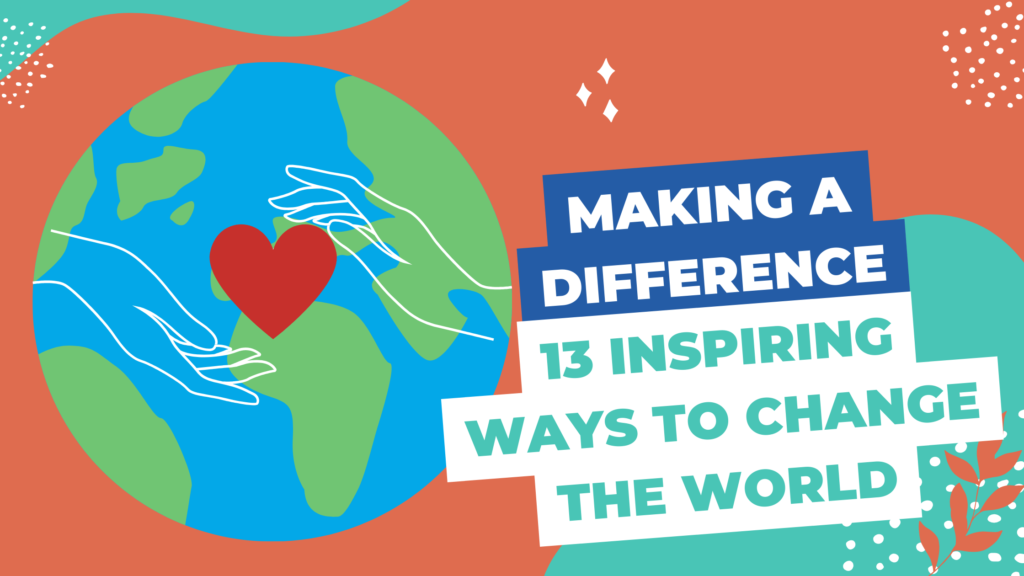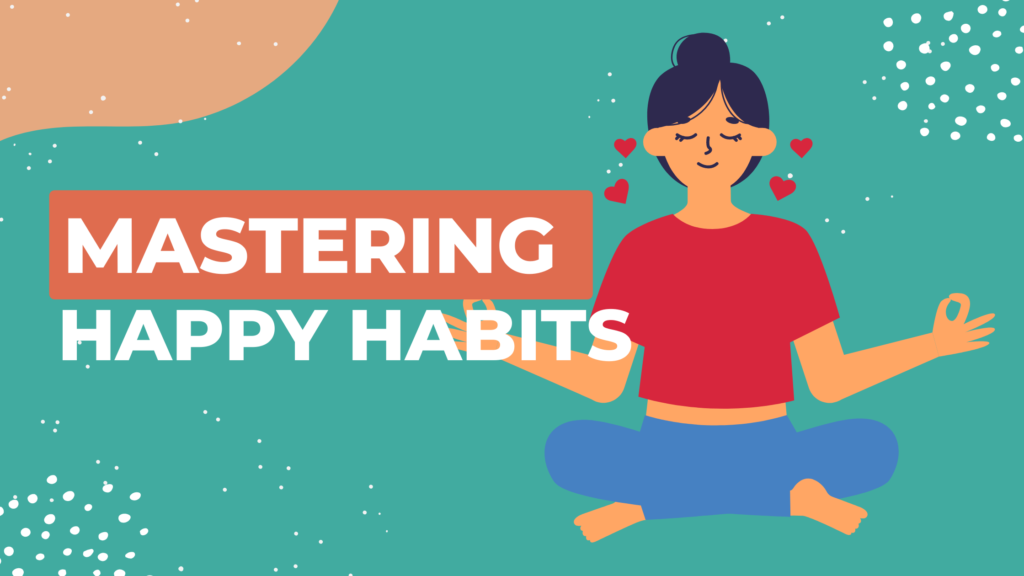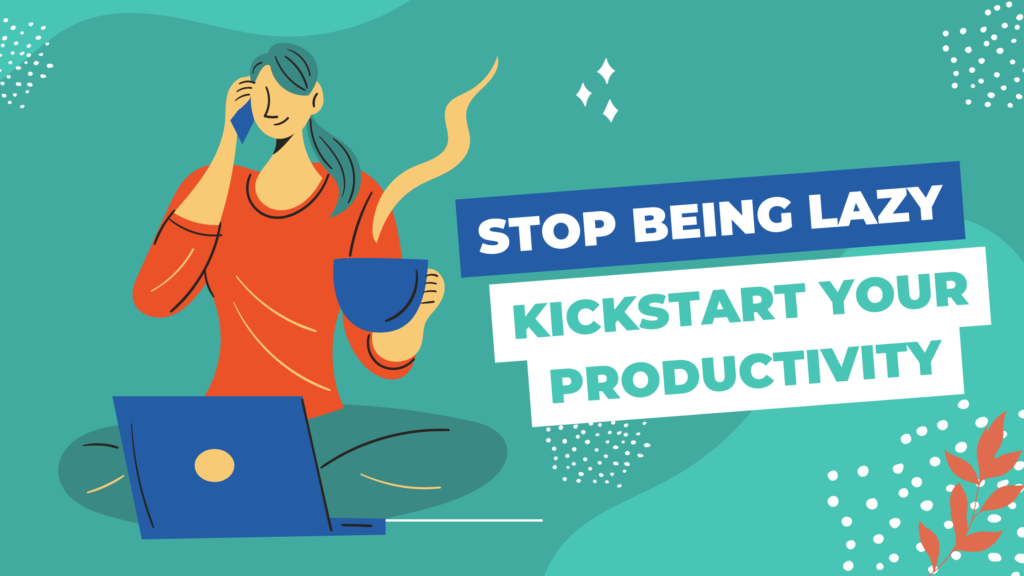Making a Difference for a Better World
When we talk about “making a difference,” we refer to the intentional actions and efforts individuals take to bring about positive change in the world. It involves making an impact, no matter how small, in areas that matter to us, such as social, environmental, or humanitarian issues. Making a difference is about leaving a lasting legacy of positive influence.
Importance of Making a Difference in the World
- Creating meaningful change
Making a difference allows us to address pressing societal challenges and improve the lives of individuals and communities. It gives us a sense of purpose and fulfillment.
- Inspiring others
When we make a difference, we become role models and inspire others to take action. Our actions have a ripple effect, leading to a collective effort towards positive transformation.
- Leaving a legacy
By making a difference, we contribute to a better future for generations to come. It’s an opportunity to leave a positive mark on the world and create a lasting impact.
- Personal growth and fulfillment
Engaging in meaningful activities and contributing to the well-being of others enhances our own personal growth and fulfillment. It nurtures empathy, compassion, and a sense of connection to humanity.
Making a difference is not only about changing the world, but it’s also about changing ourselves in the process. It’s a journey of self-discovery, growth, and empowerment. In the following sections, we will explore various ways in which we can make a difference and create a positive impact in different areas of society.
Table: Examples of Making a Difference
| Area | Example |
|---|---|
| Social | Volunteering at a local shelter to support the homeless |
| Environmental | Organizing a community clean-up to preserve natural habitats |
| Humanitarian | Donating to disaster relief efforts in times of crisis |
| Education | Mentoring students to empower and guide their growth |
| Health | Fundraising for medical research to combat diseases |
By making a difference, we contribute to a more compassionate, sustainable, and equitable world. In the following sections, we will delve into specific areas where our actions can make a significant impact.
Personal Actions: Making a Difference in Your Community
Volunteering and Community Service
Volunteering is a powerful way to make a difference in the lives of others. By giving your time and skills to organizations and causes you care about, you can have a positive impact on your community. Here are some key points to consider:
Choose a cause that resonates with you
Find a volunteer opportunity aligned with your interests and values. Whether it’s working with children, supporting the elderly, or assisting in environmental conservation, focusing on something you’re passionate about will make your efforts more fulfilling.
Allocate dedicated time
Commit to a regular volunteering schedule. Blocking off specific hours or days each week ensures that you consistently contribute to the cause. Consistency is key in creating a lasting impact.
Leverage your skills and expertise
Identify your unique talents and strengths, and find ways to apply them in your volunteer work. For example, if you’re a graphic designer, offer your services to create promotional materials for a non-profit organization. By utilizing your skills, you can make a difference in a way that’s meaningful and impactful.
Random Acts of Kindness
Random acts of kindness are small gestures that can brighten someone’s day and make a difference in their lives. These acts can be simple, yet they have the power to create a ripple effect of positivity. Here are some ideas to inspire you:
Paying it forward
Whether it’s buying a coffee for the person behind you in line or leaving a kind note for a co-worker, small acts of kindness can create a chain reaction of positivity.
Helping a stranger
Offer assistance to someone in need, like helping an elderly person carry their groceries or offering directions to a lost traveler. These small acts of compassion can have a significant impact on someone’s day.
Engaging in active listening
Sometimes, the best way to make a difference is to lend an ear. Practice active listening skills and show genuine empathy when someone needs to talk. Your support and understanding can make a profound difference in someone’s life.
Advocacy and Raising Awareness
Advocacy involves speaking up for causes and issues that matter to you. By raising awareness, you can mobilize others to take action and effect meaningful change. Consider the following strategies:
Educate yourself
Stay informed about the causes you care about. Research statistics, facts, and real-life stories related to the issue. This knowledge will give you a strong foundation to advocate effectively.
Use your voice
Share information and insights through various channels, such as social media, blog posts, or public speaking engagements. Spread the word about the cause, highlighting its importance and potential impact.
Collaborate with like-minded individuals and organizations
Build a network of supporters who share your passion. By joining forces, you can amplify your advocacy efforts and reach a broader audience.
Remember, making a difference starts with personal actions. Through volunteering, random acts of kindness, and advocacy, you can have a tangible impact on your community and the world around you.
Environmental Impact: Making a Difference for a Sustainable Future
Sustainable Living Practices
Implementing sustainable living practices is crucial for reducing our ecological footprint and creating a greener future. By making small changes in our daily lives, we can collectively make a significant environmental impact. Consider the following strategies:
Energy-efficient habits
Conserve energy by turning off lights when not in use, unplugging electronics, and using energy-efficient appliances. These simple actions can significantly reduce your carbon footprint.
Water conservation
Be mindful of water usage by fixing leaky faucets, taking shorter showers, and collecting rainwater for plants. Conserving water helps protect this valuable resource and supports a sustainable environment.
Reduce, reuse, recycle
Embrace the “3 R’s” to minimize waste. Reduce consumption by opting for reusable products, reuse items whenever possible, and recycle materials according to local guidelines.
Conservation and Waste Reduction
Conservation and waste reduction efforts play a vital role in preserving natural resources and minimizing environmental degradation. Here are key approaches to consider:
Responsible consumption
Make conscious choices about what you purchase and consume. Support companies that prioritize sustainable practices and opt for products with minimal packaging or made from recycled materials.
Composting
Start composting organic waste, such as food scraps and yard trimmings. Composting not only reduces landfill waste but also creates nutrient-rich soil for gardening.
Proper waste disposal
Dispose of hazardous materials, electronic waste, and other non-recyclable items responsibly. Look for local collection centers or recycling programs designed to handle these materials safely.
Promoting Renewable Energy
Transitioning to renewable energy sources is essential for reducing greenhouse gas emissions and combating climate change. Here are strategies to promote renewable energy adoption:
Solar power
Encourage the installation of solar panels in homes and businesses. Solar energy is a clean, renewable resource that can significantly reduce reliance on fossil fuels.
Wind energy
Advocate for the development of wind farms and support policies that promote the use of wind turbines for generating electricity. Wind power is a sustainable and abundant energy source.
Government incentives and programs
Support initiatives that provide incentives for renewable energy adoption, such as tax credits or grants for installing solar panels or wind turbines.
Making a difference for the environment begins with sustainable living practices, conservation efforts, and promoting renewable energy. By adopting these practices and advocating for change, we can contribute to a healthier planet for future generations.
Education and Empowerment: Making a Difference through Knowledge and Equality
Supporting Access to Education
Access to quality education is a fundamental right that can transform lives and communities. By supporting initiatives that enhance education accessibility, we can empower individuals and promote societal progress. Consider the following approaches:
Scholarships and financial aid
Support programs that provide scholarships and financial aid to students from disadvantaged backgrounds. This helps bridge the education gap and gives deserving individuals the opportunity to pursue their dreams.
Infrastructure development
Advocate for the improvement of educational infrastructure, particularly in underprivileged areas. Access to well-equipped schools and resources ensures that every student has a conducive learning environment.
Adult education programs
Promote adult education initiatives that offer learning opportunities to individuals who may have missed out on formal education. Adult education empowers individuals to acquire new skills and improve their livelihoods.
Mentoring and Empowering Youth
Investing in the next generation is crucial for building a better future. Mentoring and empowering youth can positively shape their lives and unlock their full potential. Consider the following strategies:
Mentorship programs
Volunteer as a mentor to guide and support young individuals in their personal and professional development. Mentorship provides guidance, encouragement, and valuable insights that can make a significant difference in their lives.
Skills development
Support programs that offer skills training and vocational education to empower young people with practical knowledge. Equipping them with relevant skills enhances their employability and fosters economic growth.
Leadership and confidence-building activities
Engage youth in leadership activities, workshops, and community projects that boost their confidence and develop their leadership skills. Empowered youth become catalysts for change in their communities.
Promoting Gender Equality and Inclusivity
Promoting gender equality and inclusivity in education is essential for creating a fair and equitable society. Here are key approaches to consider:
Equal access to education
Advocate for policies that ensure equal access to education for all genders. Eliminating barriers and biases enables every individual to pursue their educational aspirations.
Gender-responsive teaching
Promote teaching practices that address the diverse learning needs and experiences of all students, regardless of their gender. This fosters an inclusive and supportive learning environment.
Challenging stereotypes
Raise awareness and challenge gender stereotypes within educational settings. Encourage girls to pursue STEM fields and boys to engage in traditionally female-dominated areas, fostering a more balanced and inclusive society.
By supporting access to education, mentoring and empowering youth, and promoting gender equality and inclusivity, we can make a significant difference in shaping a more educated, empowered, and equitable world. Education is the foundation for personal growth, societal progress, and positive change.
Social Justice and Humanitarian Efforts: Making a Difference for a Fairer World
Fighting Poverty and Hunger
Poverty and hunger continue to plague societies around the world, but by supporting initiatives that combat these issues, we can make a significant impact. Here are key strategies to consider:
Donations and volunteering
Support organizations that provide food, shelter, and resources to those in need. By donating funds or volunteering your time, you can directly contribute to alleviating poverty and hunger.
Sustainable solutions
Advocate for sustainable poverty alleviation programs that focus on long-term solutions, such as providing vocational training and empowering individuals with skills to secure stable employment.
Addressing food insecurity
Support initiatives that aim to tackle food insecurity, such as community gardens, food banks, and programs that promote sustainable agriculture. These efforts ensure that everyone has access to nutritious food.
Supporting Marginalized Communities
Marginalized communities often face systemic challenges and inequality. By actively supporting and uplifting these communities, we can promote social justice and equal opportunities. Consider the following approaches:
Equal access to resources
Advocate for equal access to healthcare, education, and essential services for marginalized communities. By addressing disparities, we can create a more equitable society.
Amplifying voices
Support initiatives that amplify the voices and stories of marginalized individuals and communities. By raising awareness and promoting dialogue, we can challenge stereotypes and foster understanding.
Collaborative partnerships
Work with organizations that specialize in supporting marginalized communities. By joining forces, we can pool resources, knowledge, and expertise to create meaningful change.
Advocating for Human Rights
Promoting and defending human rights is crucial for creating a just and compassionate world. Here are strategies to advocate for human rights:
Awareness campaigns
Raise awareness about human rights issues through social media, public events, or educational campaigns. Education is the first step towards fostering empathy and driving change.
Lobbying and policy advocacy
Engage in political advocacy to influence policies and laws that protect and uphold human rights. By working with lawmakers and decision-makers, we can advocate for systemic change.
Support for organizations
Donate to and volunteer with human rights organizations that work to protect and promote human rights on a local, national, or global scale.
Making a difference in social justice and humanitarian efforts involves fighting poverty and hunger, supporting marginalized communities, and advocating for human rights. By addressing these issues, we contribute to a fairer and more compassionate world where everyone has equal opportunities and rights.
Innovation and Technology: Harnessing the Power for Positive Change
Utilizing Technology for Social Good
Technology has the potential to revolutionize the way we address social issues and create positive change. By harnessing the power of technology, we can make a significant difference. Consider the following strategies:
Digital platforms for social impact
Leverage digital platforms and social media to raise awareness, mobilize communities, and drive social change. These platforms provide a powerful tool for spreading messages and organizing campaigns.
Tech solutions for social challenges
Encourage the development and adoption of technology solutions that address social challenges. For example, innovative apps can connect volunteers with organizations in need or provide resources to underserved communities.
Access to digital resources
Advocate for equal access to digital resources and technology, especially in marginalized communities. Bridging the digital divide ensures that everyone has the opportunity to benefit from technological advancements.
Promoting Social Entrepreneurship
Social entrepreneurship combines business principles with a focus on social impact. By supporting and promoting social entrepreneurs, we can drive sustainable solutions to pressing social problems. Consider the following approaches:
Funding and mentorship
Provide financial support and mentorship to aspiring social entrepreneurs. Empowering these individuals helps them turn their innovative ideas into reality.
Collaboration between sectors
Encourage collaborations between the private, public, and nonprofit sectors to foster social entrepreneurship. By leveraging the unique strengths of each sector, we can create lasting impact.
Scaling successful ventures
Identify successful social enterprises and help them scale their impact. By expanding their reach and influence, we can address social issues on a larger scale.
Supporting Innovation in Healthcare and Education
Innovation in healthcare and education can revolutionize access, quality, and outcomes in these critical areas. By supporting and championing innovative solutions, we can improve lives. Consider the following strategies:
Telemedicine and remote learning
Promote the use of telemedicine to enhance healthcare access, especially in underserved areas. Similarly, advocate for remote learning initiatives to ensure educational opportunities for all, regardless of geographical constraints.
Research and development
Support research and development efforts in healthcare and education. Funding innovative projects and encouraging collaboration between researchers, educators, and industry professionals can drive progress.
Technology in the classroom and healthcare settings
Advocate for the integration of technology in classrooms and healthcare facilities. Tools such as interactive learning platforms and digital health records can improve efficiency and outcomes.
By utilizing technology for social good, promoting social entrepreneurship, and supporting innovation in healthcare and education, we can harness the power of innovation to make a difference in the world. Embracing technological advancements and fostering innovative approaches can create positive change and address societal challenges more effectively.
Summing Up: Empowering Action to Make a Difference
The journey of making a difference is one that requires action, determination, and a belief in our collective ability to create positive change. Each of us has the power to make an impact, no matter how big or small. By taking action, we can inspire others and contribute to a better world. Here’s a final word of encouragement to motivate you on your journey:
- Start where you are: Making a difference begins with taking action in your immediate surroundings. Look for opportunities to contribute and create change in your community.
- Embrace collaboration: Join forces with like-minded individuals, organizations, and communities. By collaborating, we can amplify our impact and achieve greater results.
- Stay informed and adapt: Continuously educate yourself on the issues you care about and stay informed about new strategies and solutions. Adapt your approach based on new information and insights.
- Inspire others: Lead by example and inspire others to join you on the journey of making a difference. Share your experiences, stories, and successes to motivate and encourage others to take action.
Remember, making a difference is not a one-time event but a lifelong commitment. It is the cumulative effect of small actions that can lead to significant change. Whether it’s volunteering, advocating for causes, or promoting positive values, your efforts matter. Together, we can create a more just, sustainable, and compassionate world.
Take action today, and be the catalyst for change. Start making a difference and inspire others to do the same. The power to shape a better future lies within each one of us. Let’s embark on this journey together and create a lasting impact that extends far beyond ourselves.




